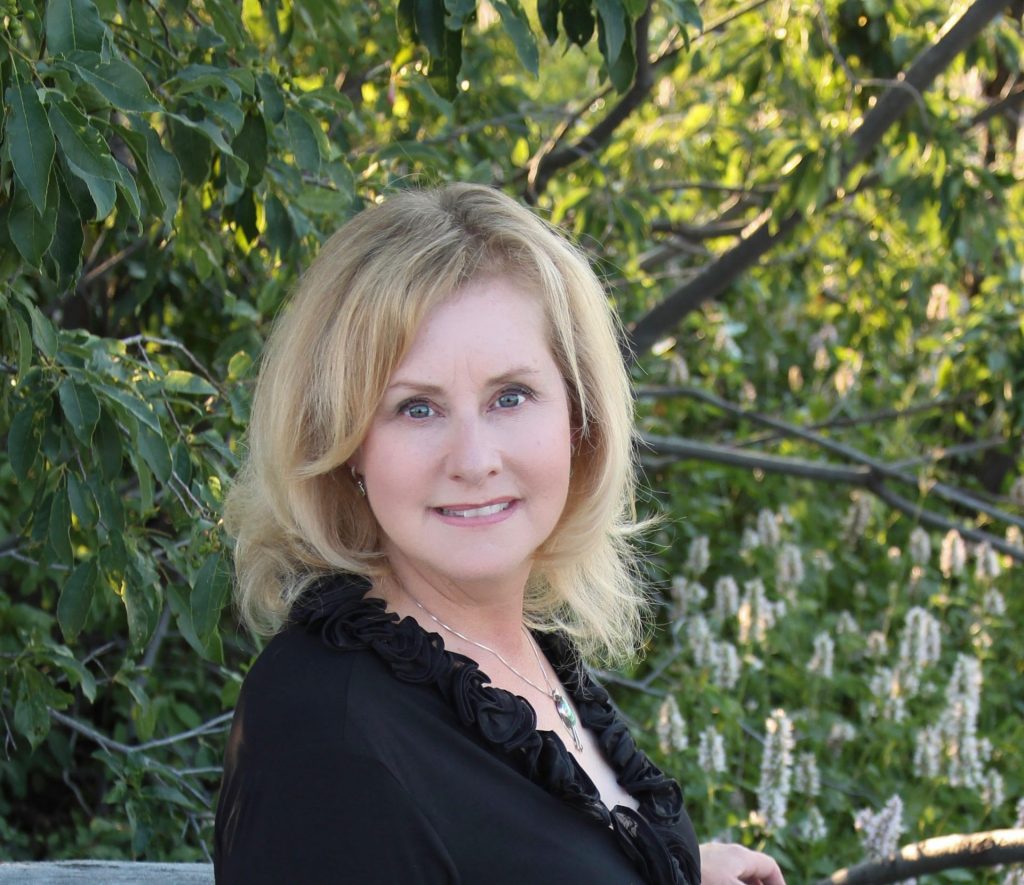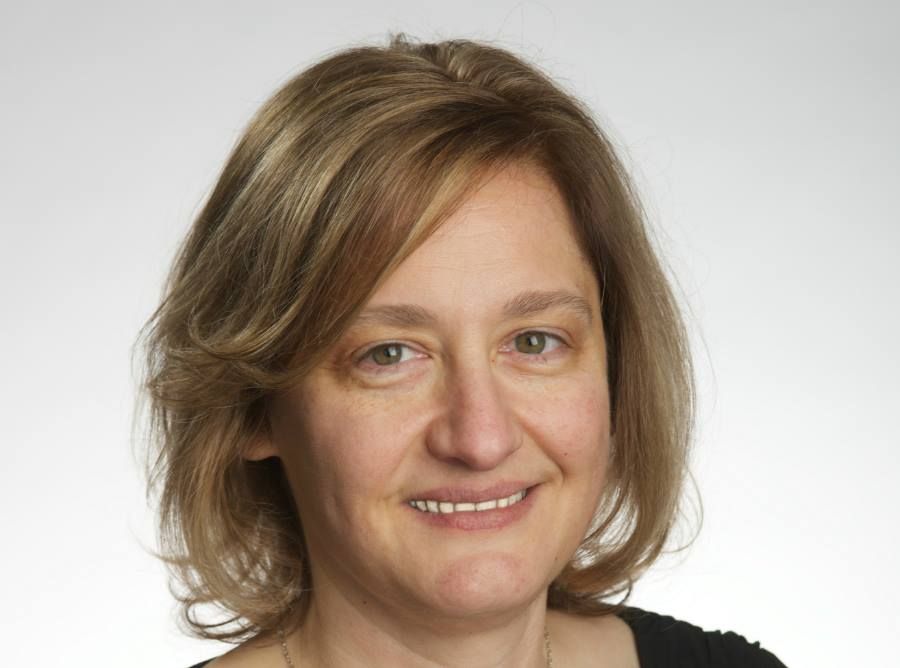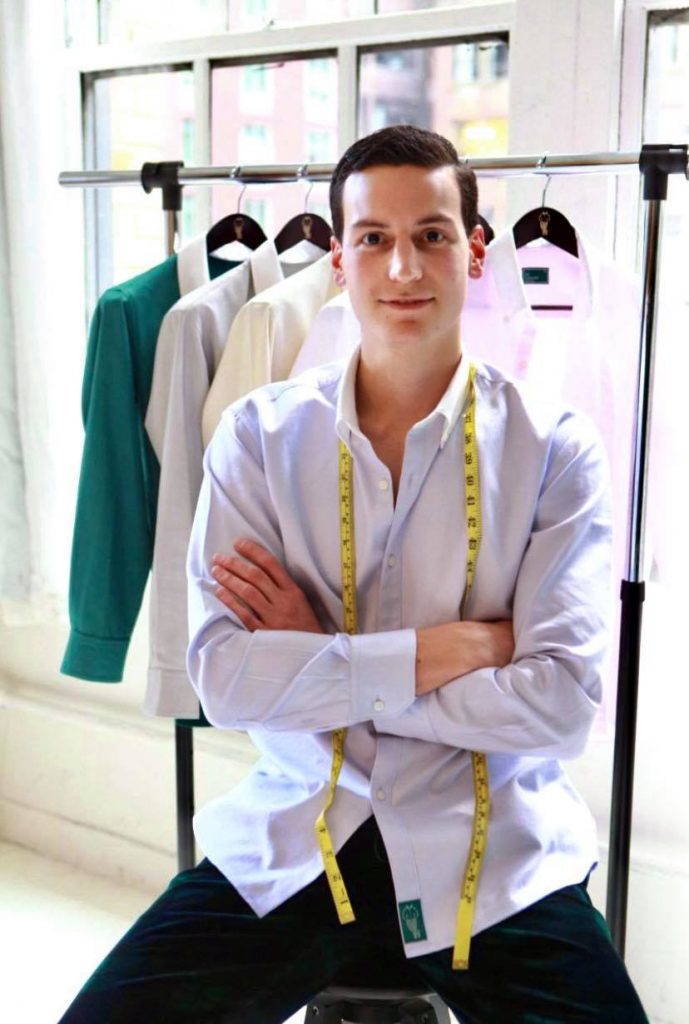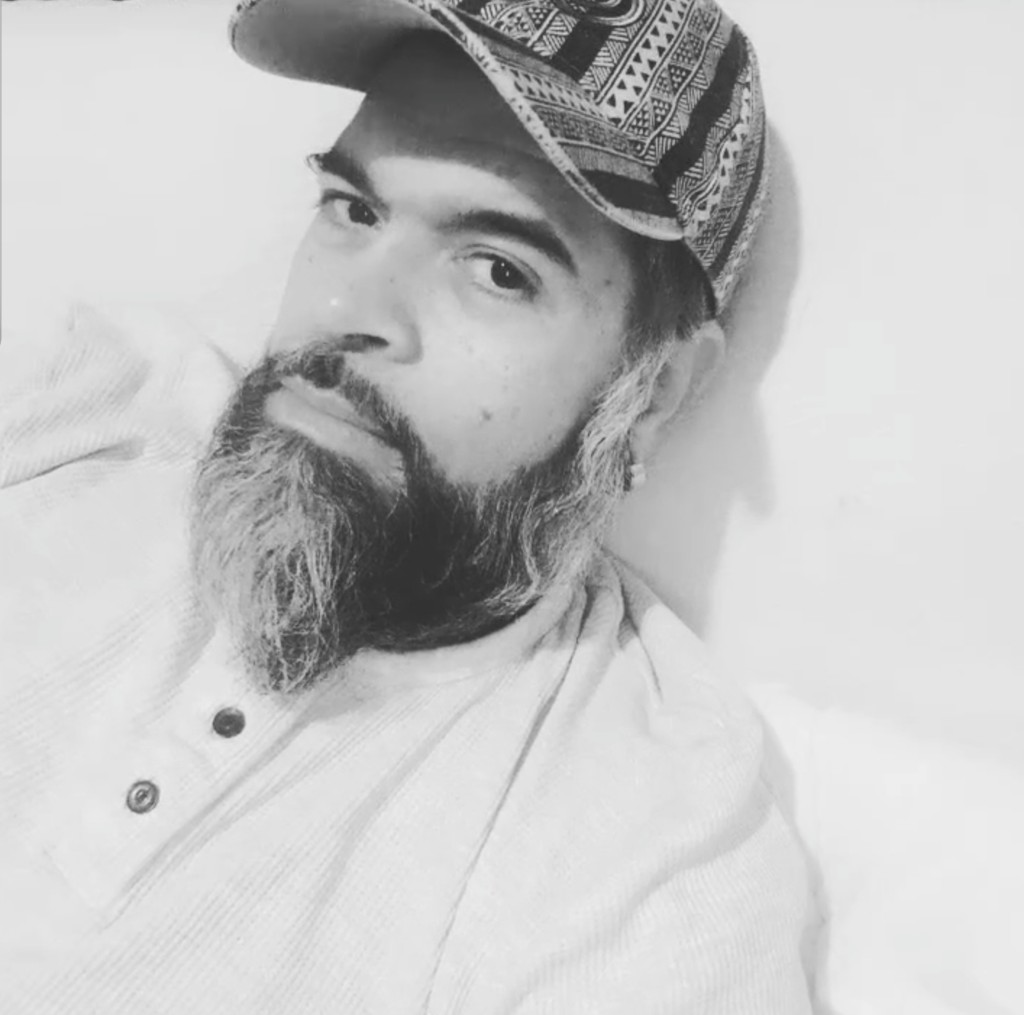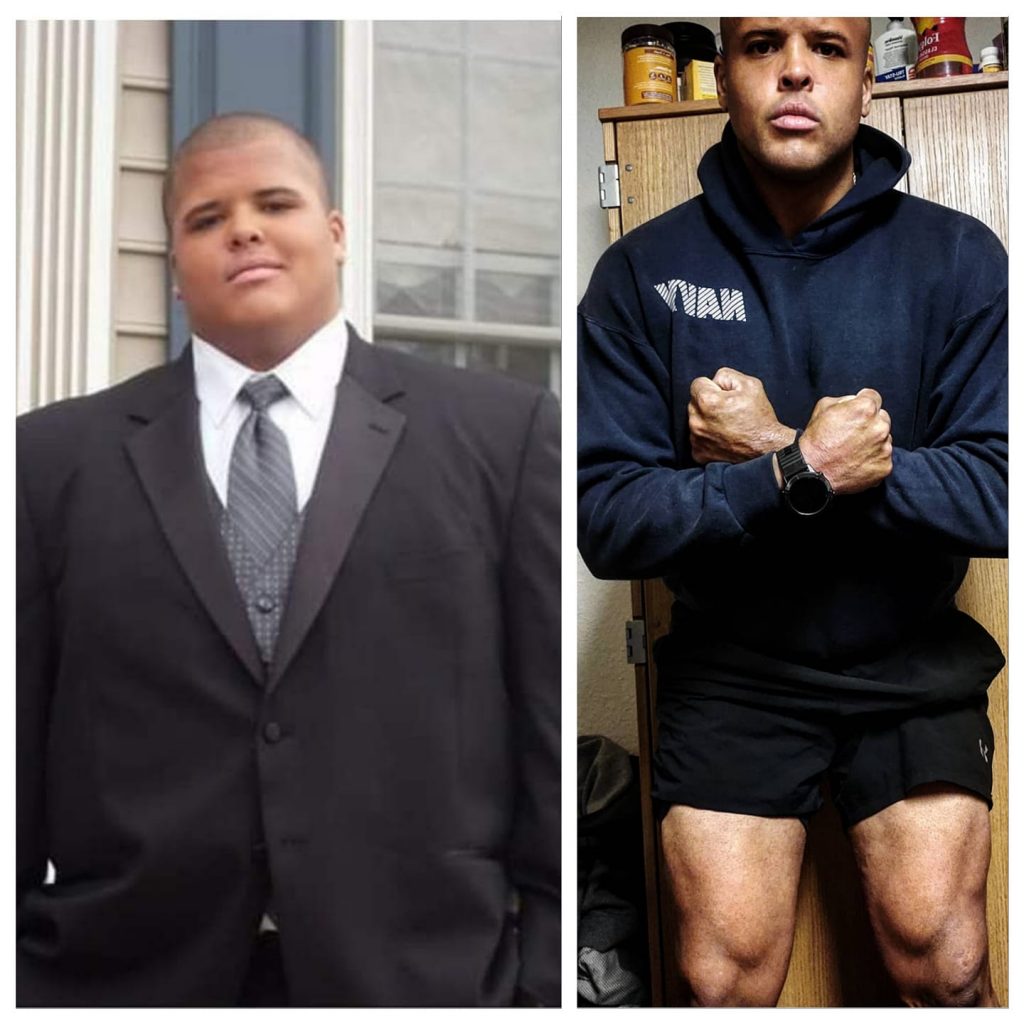When her first husband died when she had two very young children, Daina Middleton needed to forge her own path forward. She successfully raised a beautiful family while running some incredible companies.
TAMAR: Hi, everybody. Today I have Daina Middleton, and she is checking in from, well, where are you, Daina?
00:25
DAINA MIDDLETON: I am in eastern Idaho, just outside of Jackson, Wyoming. So, I’m at the foot of the Tetons, which is where I live.
00:31
TAMAR: So, it’s a little early for you.
00:33
DAINA MIDDLETON: Not too bad,10:20.Yeah, pretty, pretty late.
00:37
TAMAR: It’s like I make sure that my first podcast is always at noon for myself personally because I get work done in the morning.
DAINA MIDDLETON: That’s nice.
TAMAR: Yeah. A little bit. Yeah. So, thank you so much for joining, Tell us about what you do and how you got there.
00:54
DAINA MIDDLETON: Sure. Gosh, that can take forever. As you get older in age, that happens. But today, I’m doing kind of an interesting mix of things. I’ve become a consultant for the last year or so. I’m working a lot right now and helping a few startups get on their feet in various stages, which is fun. I have about four of those. And then I’m also working with companies of different sizes early on. They come with really an inclusion or diversity concern, obviously with a social justice rise that we have right now and the good, healthy conversations we’re having about race. But to us, it’s much bigger than that. The company that I work with is called PrismWork. And we have a real diverse team who comes in and helps companies prepare for the 21st century workplace, which is very different than it has been in the past. So, I’m doing a lot of work there. And then continuing to do some strategy work. So, I like the varied combination of things. Keeps my mind busy in today’s strange world that we’re living within.
02:05
TAMAR: Nice, nice. Yeah, I like monotony, I mean, I don’t like monotony. I definitely like a little bit of diversity as well. And you introduced yourself beforehand, you gave me a little bit of your background in the context of moving from one career to another. So, I definitely feel the same way. I mix my life in terms of like, I was a systems administrator, then I worked in marketing, and now I’m in fragrance, which is not exactly the thing I would have ever imagined that I’d be in. So, tell me a little bit about your career trajectory and talk about your unconventional rise to where you are today.
02:46
DAINA MIDDLETON: Sure. Yeah, it’s a strange world that we live within. And hard to know, I think it’s every day is kind of a new adventure in my career. Certainly, I didn’t say I’m going to grow up to be excellent and became that nothing else. But I am. I have a degree in journalism. And that led me down more of the marketing path. So, my first big career stint was at Hewlett Packard. I spent 16 years there, mostly in marketing and communications. Although I did report into engineering for a short period of time and even was a patent holder for mobile printing way back in the days before we really knew that printing from your phone was going to be a big thing. But HP was a great foundation. I was there during HP’s glory days, and learned a lot about great leadership. And got to work around the world with colleagues and work with big budgets and with some of the best marketing partners in the world. So, all that I look back upon as a great foundation for my career. Toward the end of my time and stint at HP, I was noticing a big shift happening in marketing. To me, marketing had always been about persuading people to think differently about a product or service. But certainly, if you think about the 2006, 2007 timeframe, it was much more about getting people to participate with you. And so that’s when I started to write my first book, which is called Marketing in the Participation Age. And I decided to take a stint outside of HP and work on the marketing agency side of the world to work on multiple brands to really experiment with my ideas. So, I went to work for a publicist owned company called Moxie Interactive. I felt they were very progressive at the time. They had media technology and creatives all under one roof, which of course is really important today. And I was there for a couple years, really pioneered the paid social media practice there. And at about two years into my stint, Publicis’ bought Performix. If you recall, Performix was part of the double click acquisition that Google made. The largest acquisition actually that Google ever made or second largest now. And so, Publicis bought the services side of the business. It would have been in conflict of interest for Google to keep that. I took the helm as CEO and ran it for four and a half years, took it from about 14 million in revenue to 150 million in that time, and definitely grew from being just a US only business to a global business and created the performance marketing category. So that was really a great ride. I think for me, it was my first CEO opportunity, and taught me that I could actually be a leader of that caliber. I’d never really thought that I could. And so, at that point, I kind of poked up my head and thought what do I want to do next. And I had some friends who had gone to work for Twitter. This was in the 2014 timeframe. And so, I went to run b2b marketing at Twitter, really standing up that global team. It’s the marketing team supporting sales and very interesting time to be at Twitter. Jack came back and Dick left, Costolo left. And so really turbulent cultural time, but definitely had a great global team. And it was an interesting experience on the publisher side of the world. And from there, I was actually working on my second book, which is about gender differences in the workplace, and called Grace Meets Grit. So, I took a bit of time left, what it took a bit of time to finish my book. And then I went and became a leadership coach for a private equity firm in California, working with their executives and portfolio companies, which was a great extension for me and a great 06:55 kind of a left turn. I guess, in the sense that I suddenly was not the leader, but trying to help leaders became better leaders. I think it was a really good experience for me to get an inside out view of leadership. And really even assessed my own leadership strengths and weaknesses. All leaders have both. And so, that was a great experience. But I also learned the ins and outs of private equity which I had never really had the opportunity to do either. And so, at that point, I decided to take the helm of a PE-backed holding company, not within the same firm that I was working, but a different one. And so, I became the CEO of Ansira, which is 100-year-old marketing and technology firm that really works with brands who have a centralized location and a local location. So, think about auto dealers, or restaurant chains or retail. And that was a great experience, really got some good organizational change, integration and acquisition experience under my belt. And I left about a year ago. And like I said, Now I’ve been really consulting.
08:13
TAMAR: Very cool. Yeah, I t’s interesting to kind of hear your path. And you had said earlier that you’re not really sure what you want to be when you grow up. I understand that. I’m hoping that I’m finding what I need to be when I grew up now. But your path, I have to say is kind of similar to mine. I started in, I majored in computer science and decided to be in systems administration. I really liked working with people, I hated computer science, I hated coding. And it was very theoretical, I think that it just didn’t lend itself to what I wanted to do is to learn how to actually program I thought it was a little less focused on that. So, I ended up diverging from the path that I felt that I wanted to do since I was a teenager and started working in systems administration and ended up working in a marketing firm. At that marketing firm we were starting to run a lot of our social media initiatives. And for me, that was actually kind of fun. It really made me realize that’s actually what I wanted to do. I always wanted to interact with people online and so computer science was the closest thing to getting on the computer in college. I worked for Mashable, and I was employee number six at Mashable, actually. And we actually dealt with Moxie a few times. Yeah, so that was kind of fun. And then I also wrote books, I wrote two books. I wrote a book on social media marketing in 2009. I gave birth to my son and I gave birth to my book pretty much at the same time. Both of them were due in June. The boy came in May and the book came in July. But yeah, that was fun. And then I actually wrote a completely different book as well in genetic genealogy that was published about two years ago now. So, it’s very divergent topics, but it’s fun to kind of work on these things. I can’t consider myself an expert, but I consider myself an enthusiast who’s able to authoritatively, to the closest degree report on these things. I have a question for you in terms of Twitter, just because you’re not in the Bay Area. Were you working remotely? Because I know Twitter does have had slight remote culture. Just curious, or did you relocate after the fact?
10:35
DAINA MIDDLETON: Yeah, I’ve never worried located firmly. I’ve always had my foot planted here, because it is part of my self-care routine, being close to the land, into nature. But I did have an apartment in the Bay Area. So, when I was at Performics, and ran Performics, I had an apartment in Chicago. When I was at Twitter, I had an apartment in San Anselmo definitely committed all over the world, obviously, for both. When I was at Ansira, I had a house in Texas. So, I’ve always done this remote gig. In fact, the last five years that I was at Hewlett Packard, I didn’t even have a desk on site; we didn’t do it back then. So that was before we had all these great technology tools that enable remote work. So now, of course, Twitter has gone 100% virtual, and they’re looking at getting rid of their corporate headquarters. And they’re really thinking outside the box, which is the way I think many companies are now starting to rethink which I’ve always been a proponent of. It’s you hire the best people, it doesn’t matter where they live, you travel when you need to, and you have great work, best practices and great communications and leadership. And it can be done from anywhere, honestly,
11:47
TAMAR: yeah, I really struggle with that. I always felt that I wanted to work remotely. And I felt that company cultures, Twitter being the exception. But I couldn’t find something that fit me for what I was looking to do. I always looked at Google and Facebook. And those were definitely not until the pandemic, definitely not cultures that wanted to have you working remotely. And then there were a couple companies out there that embrace and flaunt the fact that they’re open to hiring a virtual team. But because they’re so loud and proud, I think they clearly are attracting so many applicants that even if you stand out, and I’m not even speaking for myself, but even if you stand out, it’s so hard to be seen, because by the time they hit like 700 applications, they’re not there, they don’t care. Like that’s the thing. And I’ve done this, I’ve hired remotely as well. I’ve worked in the capacity of hiring for some very, very high-profile jobs, and also doing the same thing. I’ve competed with hundreds to thousands of people and wading through those applications, you’re just eventually don’t care. So extraordinarily difficult, although I do applaud companies for finally doing that. And I said to myself, when I tweeted this out the other day, I’m not sure if I’m happy that they did this. I’m a little like, it’s sort of too little too late, or the fact that I’m done, already moved on. I realized that I couldn’t find the environment that I wanted to have for myself in my work, my remote desire to work remotely. So, I decided to create my own thing. And I said, I don’t know if there’s a little bit of jealousy there, that it’s nice that they finally caught up. I just wish that they caught up when I was part of that workforce and trying to look for my own thing. So, it’s an interesting dynamic right now.
13:58
DAINA MIDDLETON: It is, and we’re seeing a lot of companies, I think this is part of this 21st century workplace, that are still struggling with the old leadership styles, and they don’t have good management best practices. So, if you don’t have one on ones with your team, if you don’t have good team meetings, if you aren’t evaluating your people on outcomes, if you are uncomfortable or insecure with not seeing your people and believe or distrust that they aren’t working, when you’re not seeing them, then it’s going to be tough to make that leap. And I think that’s part of the work that we’re doing, helping these companies really take a huge leap because the combination of the pandemic, and then we had racial justice conversations. It’s a real wakeup call and companies are starting to recognize that this stuff they’ve kind of had on the backburner or haven’t prioritized or they haven’t really addressed head on suddenly have to be addressed for their own survival.
15:00
TAMAR: Right, right. I see the same thing. But I also have noticed that I’ve read some articles about how people in general are more productive working from home. I mean, you’re saving significant amount of time from not commuting. And that’s one thing. But even so, it’s just like there’s the office chatter. It’s just not most people are not so productive in the office, when you’re focused on here, it definitely is a learning curve. For me personally, working remotely has been difficult. I remember my initial adjustment was difficult. But once I got in the groove, it was great. And it is important, I think, for companies to also make sure that we are able to take time for self-care. Like when I said I like to start my podcasts at 12 o’clock because I like to work in the morning. It’s not always every single morning, but part of that is maybe going outside and going for a run so that I start my day invigorated and energized. And for me, that’s what I did. I ran a 5k this morning. I’m kind of dead, but it’s good to know that I was able to do it.
16:14
DAINA MIDDLETON: Absolutely.
16:15
TAMAR: Yeah. So, I want to tackle the second part of the podcast, your rise above adversity story. I know you have one.
16:27
DAINA MIDDLETON: I do.
16:28
TAMAR: Yes.
16:30
DAINA MIDDLETON: Yeah. So, I lost my first husband when my kids were really little. And I was the primary breadwinner of the family. I guess that’s the fortunate piece. But it was a real challenge. It was a surprise that happened very quickly. My kids were two and six at the time. So pretty, pretty little. And I didn’t have family that lived nearby. So, I was working at Hewlett Packard at the time. And had to find folks to volunteer to take care of my kids when I was headed out on business trips, etc. So, there’s a lot I don’t remember about that time. I think my kids helped me honestly get through it because I knew I had to be there for them. And that was all they had. And so that meant that I had to trudge forward and not really focus on the negativity that had happened, but really looked forward to what was the next step and how am I going to make it work for them. So that certainly was a big deal in my life. I think I broke my hand during that time as well, which, at a certain point, you start to wonder what’s going to happen next. But I have this philosophy that you shouldn’t really live by regret, and you shouldn’t think about what shouldn’t have happened to you. Let’s not play the victim, rather let’s keep trudging and take action and move forward. And that’s really how I’ve approached life. It’s how I’m approaching the pandemic. I guess it’s how we all have to do, one day at a time and determine how we’re going to make it through this. I think in consulting it’s been a little bit precarious. There have been starts and stops obviously. Work that I thought was going to come through didn’t came and you just kind of have to trust and have faith and then kind of like you have mentioned Tamar, just taking control of your own destiny and forging your own path. That’s kind of how I operate.
18:34
TAMAR: Yeah, that’s going to be hard. How are the kids now? How old are they now?
18:39
DAINA MIDDLETON: They’re great. They’re let’s see. Thirty four and 26. And then I have one from my most recent marriage, who is 36? So, I can’t believe that kids in my 30s. Like, how did that happen? And I have five grandchildren. So, they all turned out fine. And that’s the thing to remember.
19:01
TAMAR: Yeah, that’s gotten crazy. Very, very hard, especially when they’re little. Wow. Yeah,
19:08
DAINA MIDDLETON: Yeah.
19:09
TAMAR: But you also said, you know, what’s going to happen next. And you just start to think about that. Now. I mean, I’m just trying to mimic and mirror that in 2020. And I’m just like, looking at my bingo card right now and seeing the bubonic plague and all these things. Like what is going on right now. I have no idea. It’s the craziest thing. But I guess we all have to realize that we can and will overcome and hopefully things will be better. And I don’t know if the word normalizes the appropriate word here, but hopefully things will be better for everybody soon. And where we’ll be able to, like I’ve said in previous podcasts that we’re all kind of in the process of overcoming adversity right now, rising above the ashes because everything right now, is just, like in this episode of The Following. If you’re familiar with that show, Kevin Bacon was in it. And he’s this guy who’s trying to take down this cult where people are normalizing killing people for fun. And I feel they justified their psychology, is just unfathomable. And then I realized that this is my life right now because everything going on right now is unfathomable, people being irresponsible with life in the way that they are. I don’t want to make this political. I’m not trying to but at the same time, I’m not apolitical myself. But I don’t know where we can’t. I can’t wrap my head around it.
20:51
DAINA MIDDLETON: I think it’s gonna be a real lesson in humanity. And what we’re each having to do to think not only about our own needs, but others’ needs are really critical. And this is our opportunity to rise above that as well. And the jury’s still out. Will that happen? I don’t know.
21:18
TAMAR: Yeah, it feels like this poor long test from I don’t know where, but it’s definitely a trial and tribulation for humanity right now. And hopefully, we can persevere as a collective body. But otherwise, again, I don’t want to make this political. But there’s a great tweet right now that like in a mask isn’t a political agenda. It’s an IQ test. And totally, we’ll see who’s smart to be able to respond well.
21:49
DAINA MIDDLETON: Yeah, exactly. And such a small inconvenience for others. Right. Such a small inconvenience, really.
21:56
TAMAR: Yeah. I went out of state to visit my in laws this past weekend and going and even though it’s required in Pennsylvania, even though it was required to wear masks, the two people that were there may be a father with his son and a mother with her daughter we’re not walking around in masks. And I wanted to say something. But at the same time, I wasn’t in my home state. And I didn’t feel like it was my place. But I just wanted to, it’s almost like I needed to take pictures. These days, we just need the Twitter mob to name and shame. But you can’t, if you had a medical reason there. And I still said this is political but you have a medical reason. I’m sure you can find people to help you because you can’t go out. So, the people who aren’t doing it are doing it out of an act of defiance. But if you have a medical reason, and you have your children with you, then one of you should be wearing a mask. I don’t know who. Obviously, it’s again, an act of defiance. Anyway, moving on.
23:04
You know what to talk about. Yeah, right. Can you imagine that a year ago we would have conversations like what mask am I going to wear today or like now? I’m packing my wallet and my phone and my mask. Like what must we be talking about?
DAINA MIDDLETON: Like, I could just keep my sanitizer.
23:26
TAMAR: Yeah. Thanks. Oh, man. It’s insane. And yeah, I did find myself subconsciously washing my hands a lot more than I usually do because it’s ingrained into my mind. That’s crazy. Yeah. Anyway. Let me talk because you’re talking about hand sanitizer. So, you’re talking about self-care. So, I guess we could use that as a foray into your self-care routine and how you also made living in Idaho. Part of that, so talk to me a little bit about that.
23:54
DAINA MIDDLETON: Sure. So, I grew up in the American West, and it is part of my soul. I like the perspective of feeling very small. I think it’s healthy from a mental standpoint, especially as you rise in power. You know, there’s a lot of studies that really talk about how the more power you have, the less perspective you get. And I think being humble and connected is really important to me. And so, I do live in the great American west. I do walk out my door and I feel very small. And I love that I can walk into my 30 acres and disappear and just explore and it’s a wonderful feeling. So that’s part one of my self-care. Part two is like you, I like to run. I like to dance and so there’s a great program called Oula, which is the latter part of MissOULA because it was created there. And it’s much more than just a dance class. Unlike Zumba, it’s really choreographed with really carefully curated power songs. That helps keep your spiritual, mental, emotional and physical health all together. And I do that every single day. Now more online, we have a great little program here locally. But there’s a great online program as well, that I love. And then the last one really is sleep. And boy, now that I’m not traveling, I’m getting more sleep than I have in I don’t know how long, it’s kind of crazy. I think back up how many years I went probably sleep deprived, even though sleep was a priority. And that’s been really great to get sleep as I’ve gotten older. I need it more than I did when I was younger. And so, I consider that to be part of my routine.
25:45
TAMAR: Nice, nice. I’m very curious about this thing. It sounds really interesting and intriguing. And I will say, to speak about running, I don’t know if I love running. But I did an interval run today. So, I ran like one minute for 20 different times with nine seconds break in between, sort of like working toward a 5K and I’ve kind of follow that. And I say that I love the feeling of that risk period and knowing that I did a run and I pushed myself, but I’m not sure I actually loved the process. Right? this Oula thing really sounds interesting.
26:22
DAINA MIDDLETON: It’s amazing.
TAMAR: Yeah,
DAINA MIDDLETON: Yeah. It’s really cool process. And if you believe in activating your inner power goddess or goddess warrior, it’s a great tool for that.
26:38
TAMAR: Awesome, awesome. Yeah. Cool. I will definitely have to check this out. And is it a class thing?
26:44
DAINA MIDDLETON: It is. As you can see, they have lots of classes online. They have several different types. Google the one which was more like yoga. There’s a power which is more strength training. And then definitely the dance which is sophisticated enough. Dance to keep you mentally activated. But great top hit songs. Really choreographed by Kali Lindner, who created it 10 years ago now. It’s starting to really have a not only a national presence, but even somewhat of a global presence, which is really cool.
27:23
TAMAR: Cool, cool. I’ll definitely have to investigate and see if that’s something that I would want to add to my regimen. I’m trying to basically use all of my downtime on fitness right now. I think I’ve killed my body. But at the same time, I’ve been kind of lazy due to the pandemic. So, I’m making up for last time.
27:43
DAINA MIDDLETON: That’s good. And then all of us are baking more. At least I’m doing a lot more baking. I think my sour dough waffles are going to be the death of me. So, I have to work out more.
TAMAR: Yeah, that’s the thing. So, for me, I’ve been helping all these restaurants. I brought more than 60, I brought about 68 of them to my driveway. And I felt financially responsible to support them as well. So that translated to what I wasn’t prepared to do.
DAINA MIDDLETON: Wow.
TAMAR: I was planning on keeping the weight off, but I’m working on doing so right now. Like I said, I was off the wagon for a little while. But now I’m back to it. So, it’ll be fun. Alright, the last part of the podcast is something that I like to kind of surprise the people who are being interviewed, but it’s really not so difficult. I realized in the last podcast; I’m just going to call it the Common Scents based on the name of the podcast. So, if you could give yourself an earlier version of yourself a piece of advice, what would you tell her?
28:47
DAINA MIDDLETON: To trust myself more. I think I have great instincts and great intuition. In fact, one of the podcasts that I do, go to webinars for people. And it’s really about activating your emotions in the workplace. We’ve systematically eliminated them and don’t value them. We value rational thinking only, and your emotional and intuitional thinking are super valuable. And I really had good common sense, I had just lacked the confidence to overcome that. And I certainly would go back and reclaim that.
29:20
TAMAR: Nice, nice. I liked how you didn’t have any pause there. And you were ready to answer it. I was like getting ready to mute myself. I have to do that for this recording here. But you just got this. Most people take some time to think about it and it’s funny when I edit the podcast. I edit out like 10,15, 30 seconds break. I’m thinking of adding Jeopardy music, but you just made it happen. So, I like it. I think that’s important. I think we need to also give in to our younger selves. And I guess one of the things that I’m seeing and reading recurring theme, the recurring thing of when we were younger, we were so much more open to doing things. And I think we need to trust our younger selves that we just feel a little freer with how we do things. And because there’s so many, I guess there are negative influences that are pushing us away from wanting to do things. For example, we’re afraid of what other people think. We’re afraid of things not working out, but we would regret if we didn’t do it. So yeah, 100% it ties back into trusting that entire process and trusting yourself that what you’re looking to do is likely meant to be and it’s supposed to be something that you should absolutely seize the day for. So yeah, where can we find you?
30:53
DAINA MIDDLETON: You can find me on Twitter. It’s @DainaMiddleton, and Daina is spelled d a i n a. And then Middleton is m i d d l e t o n.
31:04
TAMAR: Great, great. Awesome. And I guess that’s all we got. So, thank you so much for your time.
31:12
DAINA MIDDLETON: Thank you. I really appreciate it.
Podcast: Play in new window | Download (Duration: 31:22 — )
Subscribe: RSS

